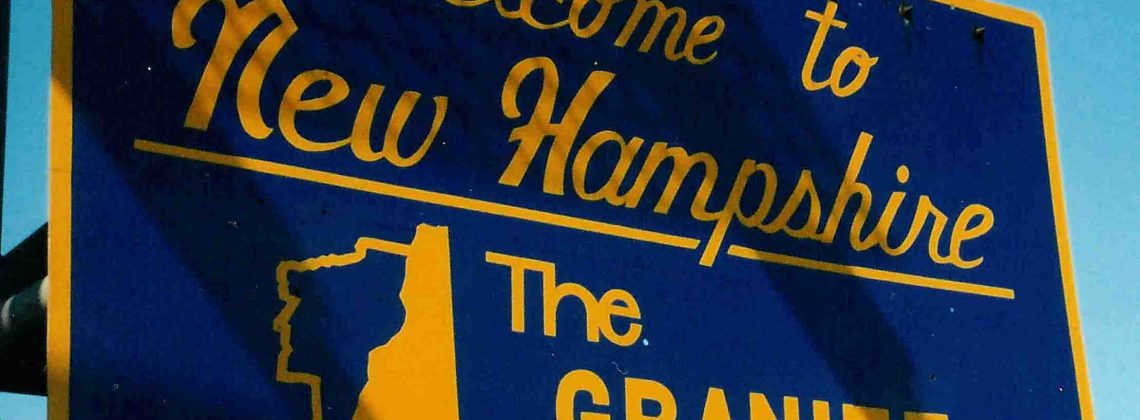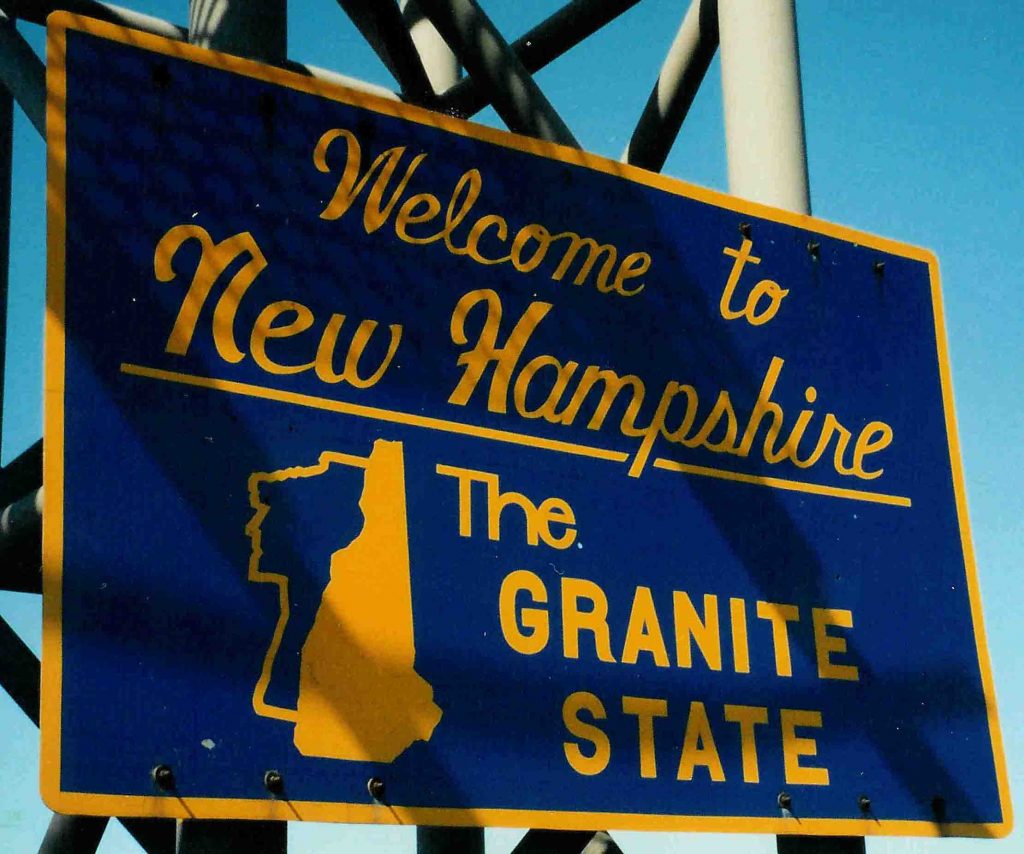

Last week Donald Trump won 51 percent of the Iowa caucus vote in a state where a majority of Republicans are evangelicals – and the press predictably noted how important the evangelical vote was to his political coalition. Last night Trump won a little more than 51 percent of the vote in New Hampshire, one of the least evangelical (and least churchgoing) states in the nation.
The New Hampshire primary results show that neither evangelicals nor churchgoing Christians in general are the central factor in Trump’s rise. Instead, the central factor is an antipathy to the “establishment” that is concentrated heavily among voters who don’t have a four-year college degree.
Trump has turned the GOP into an anti-establishment party and has accelerated a realignment of the two parties along educational lines. Today the Republican Party is primarily a party of the non-college-educated, which is why Nikki Haley’s campaign (which relies so heavily on college-educated conservative voters who don’t like Trump) has found it impossible to win primaries. In the New Hampshire Republican primary, Haley won the town of Hanover (home of Dartmouth University) by a margin of 86-13.
But most of New Hampshire Republicans are not like those in Hanover – and most Republican voters in other parts of the country are not either. In Iowa, Trump was far less popular among college-educated voters than among the non-college-educated, and he did more poorly in the state’s college towns and educated suburban areas. He lost Johnson County (home to the University of Iowa) to Haley. In Story County (home of Iowa State University), he finished with only 34 percent of the vote, less than four percentage points ahead of Haley.
What Current’s own Marvin Olasky found last week when analyzing the votes around Dordt College fits with this pattern: educated voters, whether churchgoing or not and whether evangelical or not, prefer other candidates to Trump.
But most evangelicals are not college-educated, and neither are most Republicans these days. (In 2022, 63 percent of Republican voters lacked a four-year college degree. So did 79 percent of evangelical Protestants, according to a 2014 Pew study).
And as it turns out, the brand of right-wing politics that they favor is very different from the one that many of the more educated members of their cohort support. It’s not surprising that in this new class war along educational lines, the segment of American Protestantism that is still overwhelmingly non-college-educated would include many members who are sympathetic to the populist campaign of a candidate who is leading a revolt against the so-called “elites.” But this class war is not really about evangelicalism anymore – which is why this time around, Trump has criticized some states for their abortion restrictions, a move that should have been the kiss of death for any Republican contender among evangelical voters in a traditional primary race.
As is now clear, this is not a traditional primary race, and the Republican Party is no longer the party it once was. I wish Nikki Haley’s campaign all the best as it heads to South Carolina. But in the class war that is now defining Republican Party politics, Haley has positioned herself on the side of the educational divide that is almost certain to lose in future primaries. The GOP is now an angry working-class party. And right now, it appears that there’s only one candidate its voters are willing to accept.
I agree with Daniel Williams analysis on Donald Trump. I also found his New York Times Column both cogent, accurate, and worthwhile. Queries:
Since I consider myself a moderate Christian independent what do the two Dr. Williams think should be done about immigration and support for Ukraine and Israel?
In Christ,
John G.
A refreshing take; fits well with some of the “anthropology” done way back when, like this from Chris Arnade in 2016:
https://medium.com/@Chris_arnade/divided-by-meaning-1ab510759ee7